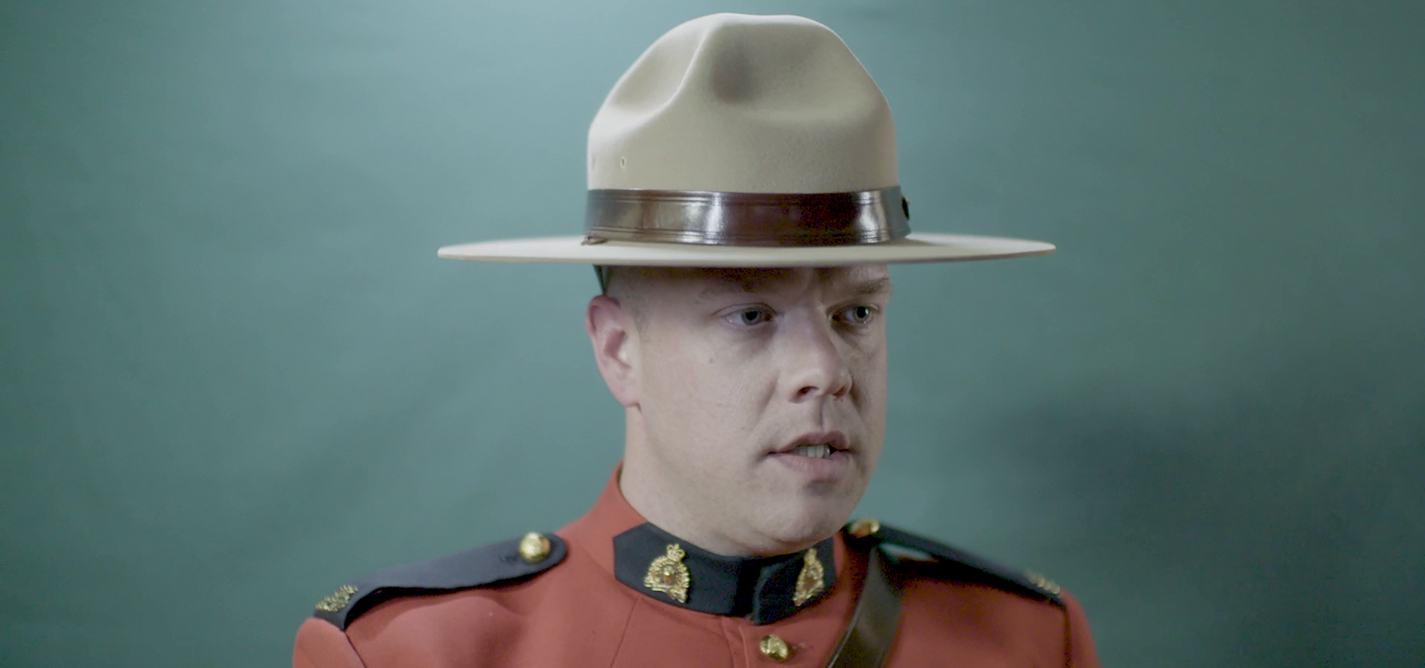
‘LGBT Police’ screened at PriFest
Documentary film explores the ‘pink and blue’ effect.
Now, people feel that they will be listened to and that crimes related to the LGBT community are being dealt with more seriously.
The general status of the LGBT community in Kosovo, at least on the legal front, has seen improvement.

Arian Lumezi
Arian Lumezi is a journalist at K2.0. He holds a master’s degree in International Journalism from Cardiff University, pursued through a Chevening scholarship.
This story was originally written in English.